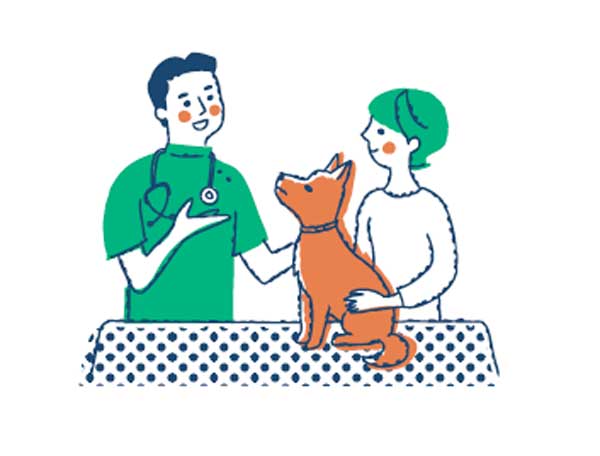20 Apr 2025
Parasite prevention is a cornerstone of small animal practice, but traditional, broad-spectrum, year-round treatments are facing scrutiny. Veterinary practices must adapt with a values-led approach that recognises sustainable parasite control as both an ethical responsibility and a business opportunity…

Image: Adobe Firefly / AI Generated
For decades, parasite control has relied on routine administration of preventives, often without assessing individual risk factors. While year-round treatment schedules were, in part, designed to simplify client adherence, only a minority of pet owners follow these recommendations consistently.
Meanwhile, this broad application contributes to environmental contamination, with chemicals like fipronil and imidacloprid detected in UK waterways at levels harmful to aquatic life. Overuse also drives parasite resistance, threatening long-term treatment efficacy.
Direct-to-consumer pet health subscriptions from digital-only businesses are increasingly promoting one-size-fits-all, monthly treatments, often bypassing the expertise of the pet’s local veterinary team and relying on active ingredients with significant levels of parasite resistance (this making them no less harmful to aquatic life). Veterinary clinics have a chance to differentiate with a more evidence-based, risk-assessed approach, maintaining their role as the most trusted advisors in pet health.
With home delivery services and digital reordering, practices can compete on convenience while ensuring clients receive appropriate, expert-led parasite control.
Sustainable parasite control means treating as necessary, when necessary. This risk-based approach considers each pet’s lifestyle, geography and diagnostic results:
This strategy helps to preserve product efficacy, lowers the risk of adverse effects and builds client confidence in veterinary expertise.

a tailored, evidence-based approach fosters client confidence in veterinary recommendations, setting clinics apart from competitive would-be disruptors. Research by Rob Horne, a professor in behavioural medicine at University College London, indicates that aligning medical advice with individual beliefs and concerns can significantly improve adherence. Pet owners who understand the long-term benefits of sustainable parasite prevention are likely to remain more engaged, follow recommended care plans and opt for other veterinary services – increasing the veterinary channel’s share of total pet care spending.
while reducing parasite product sales may seem counterintuitive to revenue growth, it creates opportunities for new income streams:

despite the intent of simplified, year-round treatment recommendations, adherence remains inconsistent. Sustainable approaches integrated with technology can significantly improve compliance:
Instead of defaulting to monthly treatments, veterinary teams can evaluate each pet’s specific risk factors during annual exams. Consider exposure to other animals, outdoor access, and travel history when making personalised recommendations.
Provide clear, transparent information about when, why, and how treatments are used, reinforcing that doing less can sometimes mean doing better. Ensure transparent payment models and GDPR-compliant data handling to build trust.
Sustainable parasite prevention is an environmental imperative, but also a strategic business opportunity. Practices embracing risk-based, diagnostic-driven strategies supported by technology will build stronger client relationships, maintain treatment efficacy, and develop new revenue models aligned with modern veterinary values. In this way, we can maintain and enhance the position of the local veterinary clinic at the heart of a joined-up online-to-offline pet care journey.
